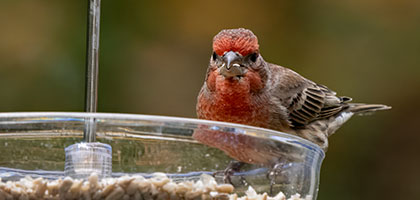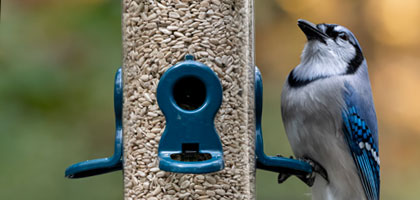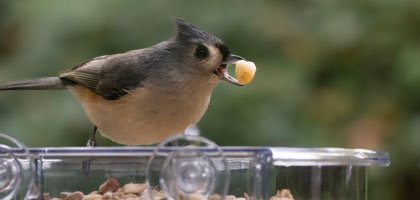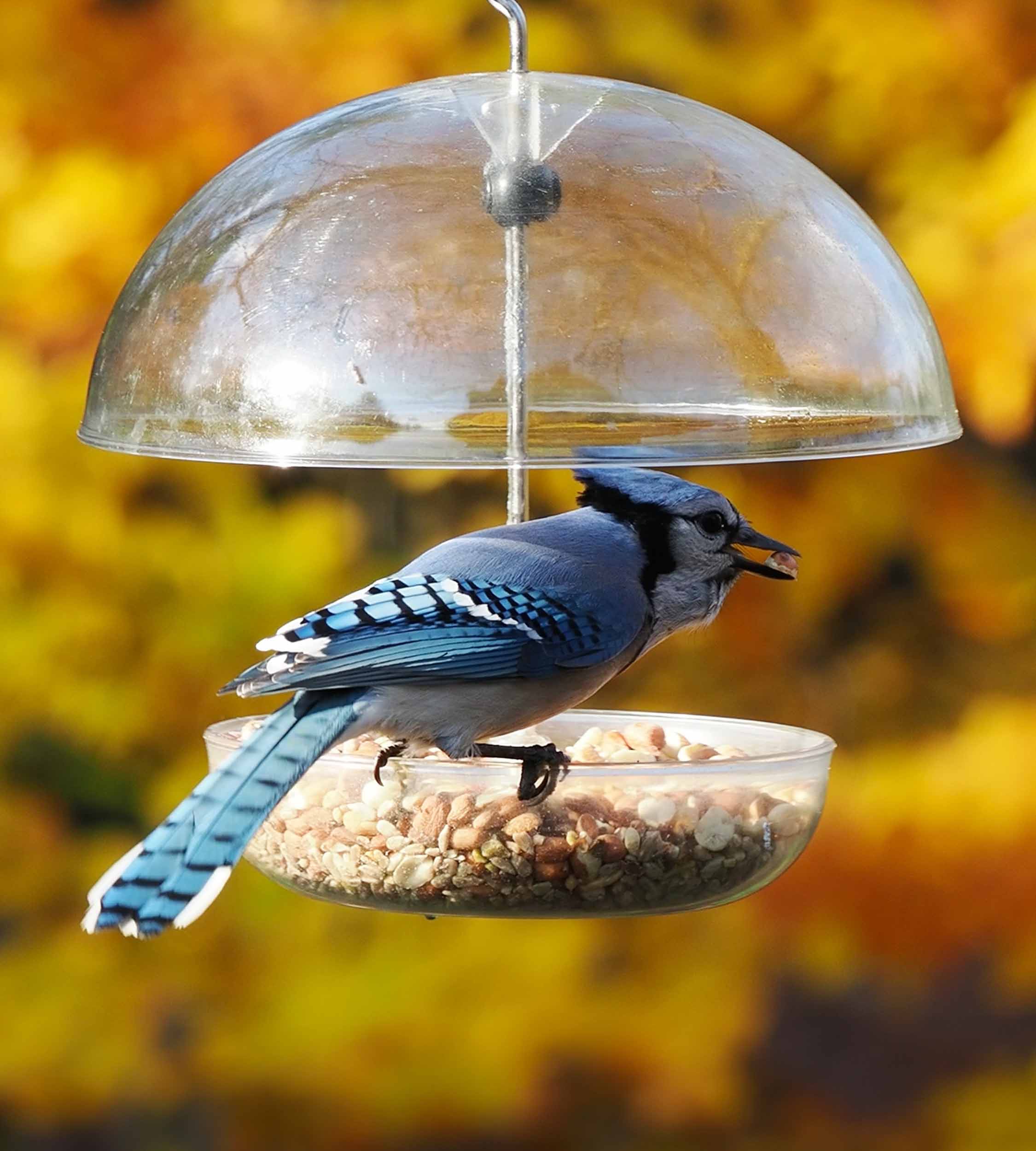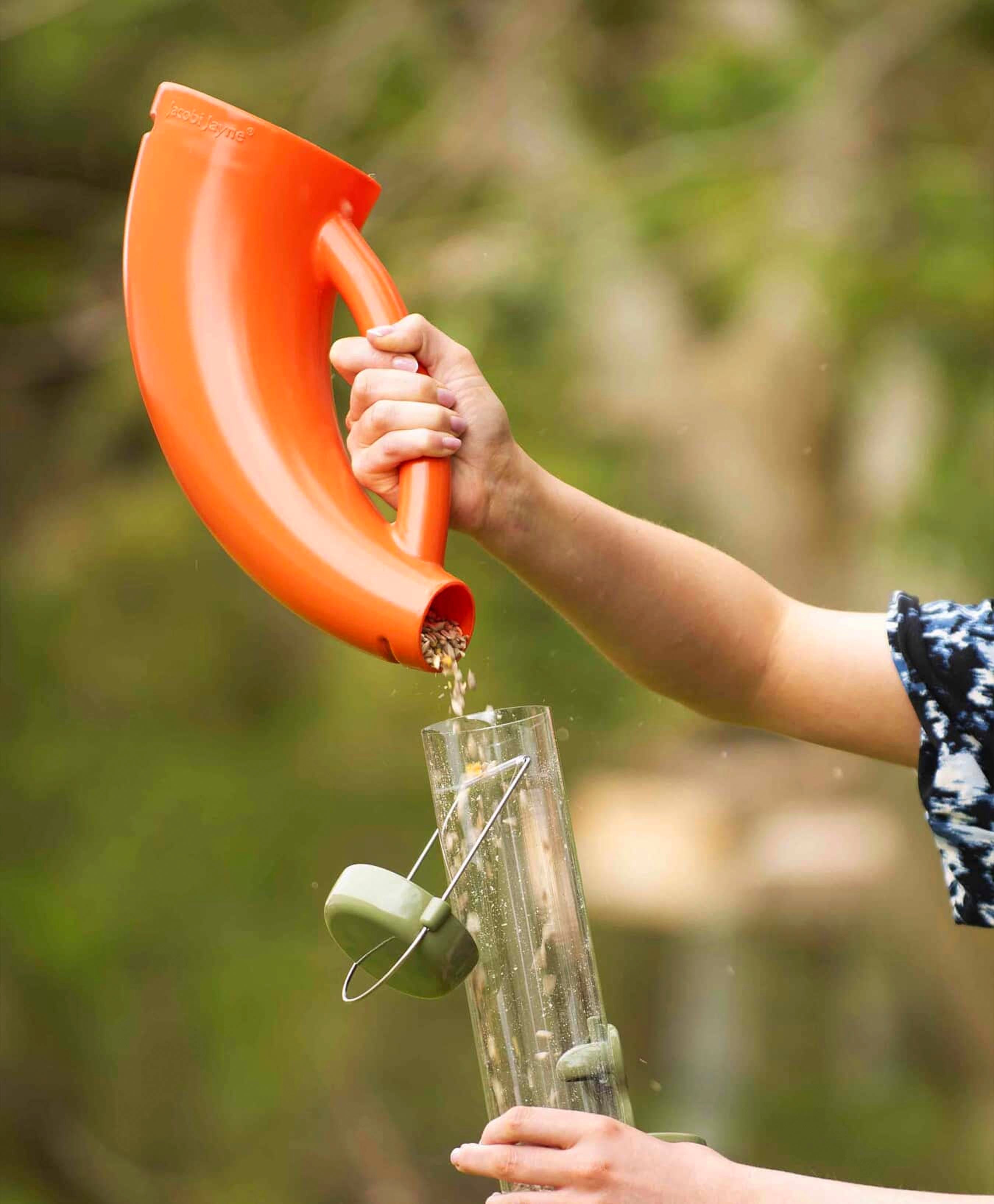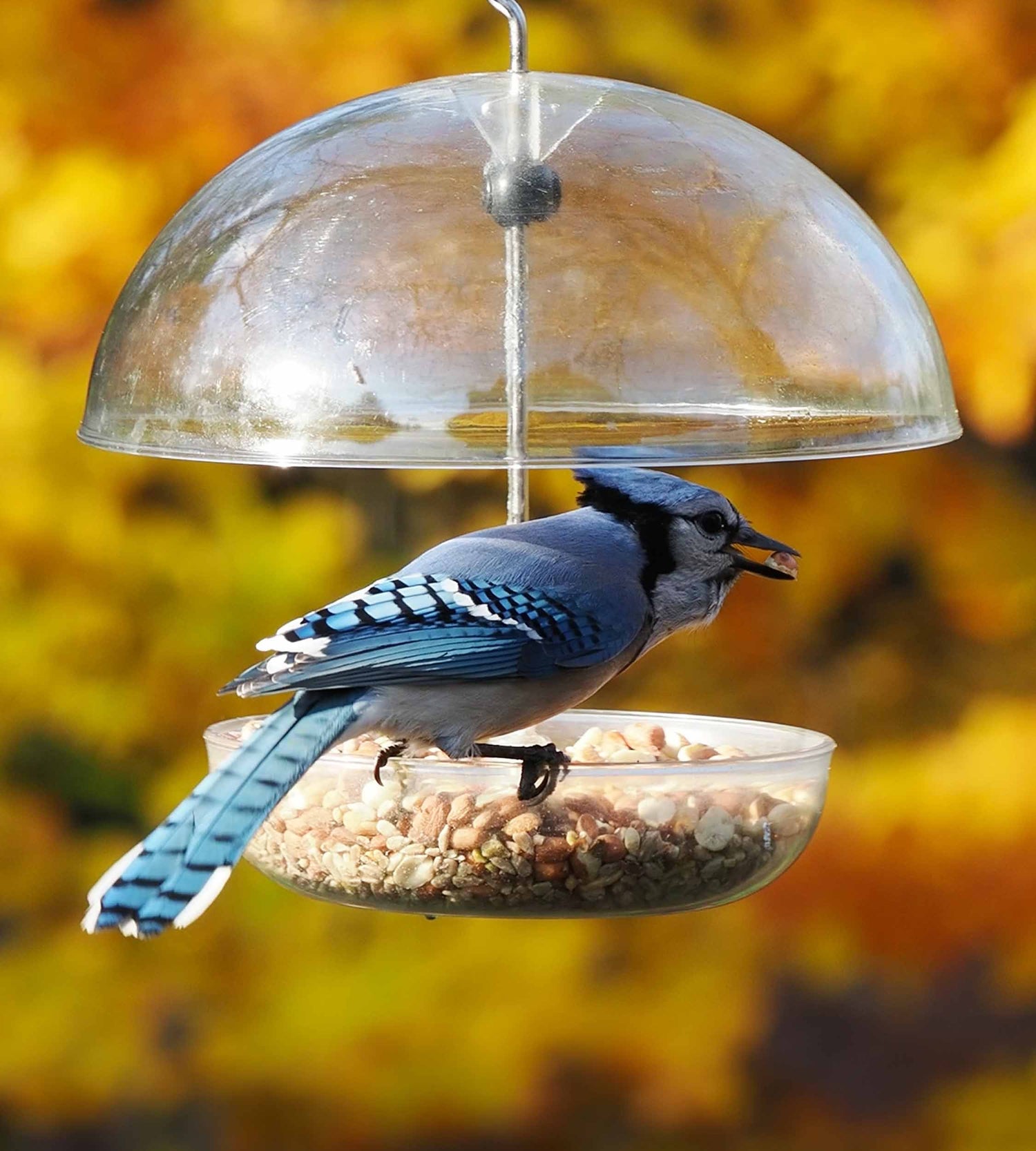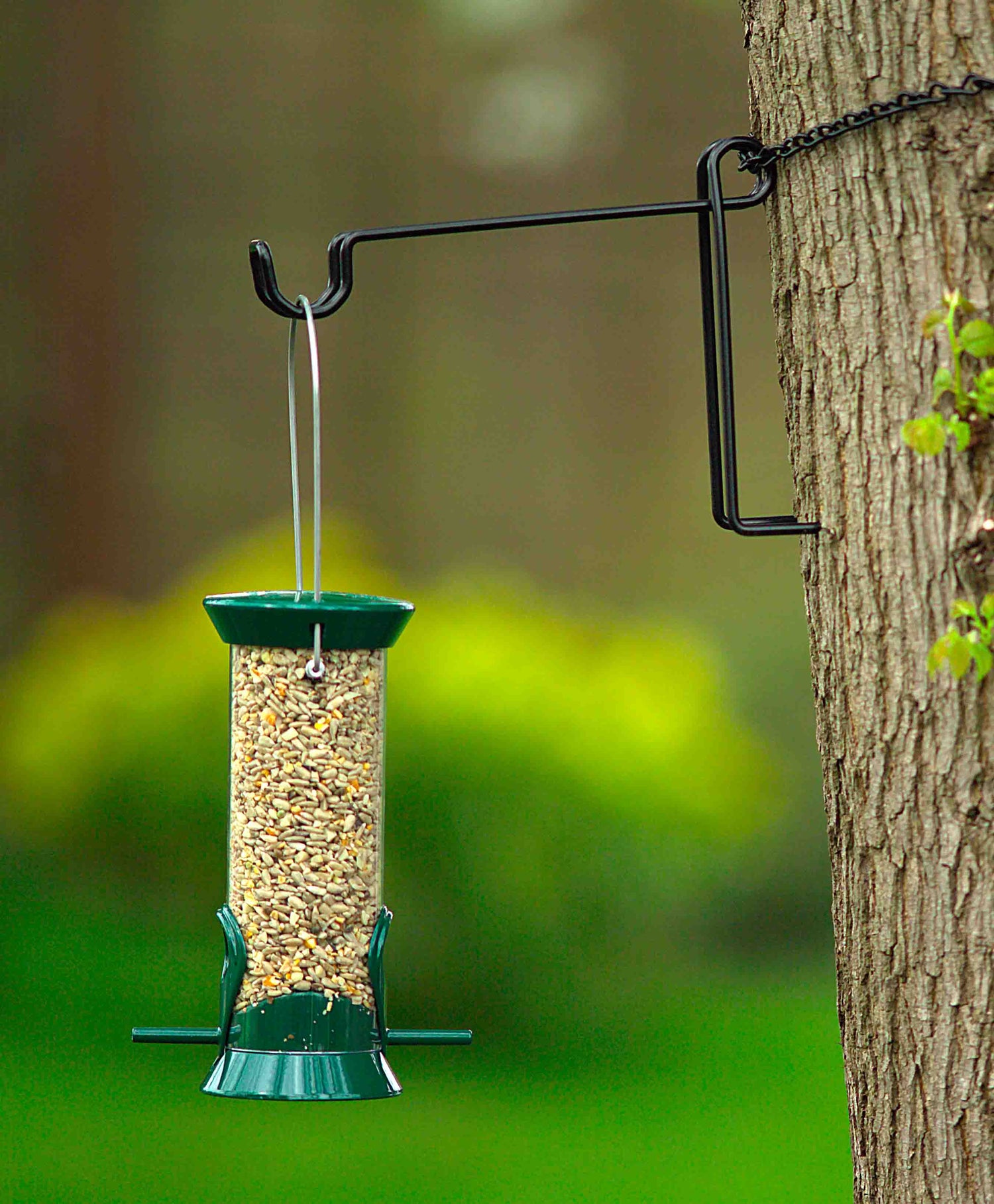Raccoons are notorious for their bird feeder raids. These clever creatures can cause significant damage and disrupt the peaceful feeding of your backyard birds.
In this guide, we’ll explore effective strategies to keep raccoons away from your bird feeders. We’ll discuss everything from feeder placement to the right bird food.
Understand Raccoon Behavior
Raccoons are nocturnal creatures, most active during the night. They are attracted to bird feeders due to the easy access to food.
These animals are excellent climbers and can easily scale trees, poles, and even walls. Understanding their behavior can help you devise effective strategies to keep them away from your bird feeders.
Remember, the goal is to deter them, not harm them. It’s crucial to use humane methods in your prevention efforts.
Secure the Feeding Area
Securing the feeding area is a crucial step in raccoon prevention. Start by removing other food sources that might attract raccoons, such as garbage cans or pet food.
Consider using a specialized raccoon-proof bird feeder. These feeders are designed to close under the weight of a raccoon, preventing access to the bird food.
Here are some additional tips to secure your feeding area:
• Regularly clean the area to prevent attracting raccoons with fallen bird seed.
• Use motion-activated lights or sprinklers as a humane deterrent.
Use Baffles and Placement Strategies
Baffles are devices that can be attached to bird feeder poles to prevent raccoons from climbing. They are typically dome-shaped and made of slippery material, making it difficult for raccoons to get a grip.
Placement of the bird feeder is also important. Keep feeders away from trees and structures that raccoons can climb. Hanging bird feeders on a wire with free-spinning elements can also deter raccoons.
Choose the Right Bird Food
The type of bird food you use can influence raccoon activity. Some foods, like suet balls and mealworms, are highly attractive to raccoons and should be avoided if raccoon activity is high.
On the other hand, nyjer seed is less appealing to raccoons. It’s a great choice for feeding birds like finches and cardinals.
Consider using seeds and mixes specifically formulated to be less appealing to raccoons. These can help deter raccoons while still providing nutritious food for your avian visitors.
Implement Natural Deterrents
Natural deterrents can be an effective way to keep raccoons away from your bird feeders. One popular method is to mix cayenne pepper or hot sauce into the bird seed.
Birds are not affected by capsaicin, the compound that makes peppers hot, but raccoons find it unpleasant.
Another option is to use natural repellents like peppermint oil or predator urine. These can help keep raccoons at bay without causing them harm.
Maintain a Clean Environment
Keeping the area around your bird feeder clean is crucial in deterring raccoons. Regularly clean up any fallen bird seed, as this can attract raccoons.
Also, secure your garbage cans and remove other potential food sources. This will discourage raccoons from visiting your yard in the first place.
Consider Timing and Feeder Types
Raccoons are nocturnal creatures, most active during the night. Consider removing your bird feeders at night to reduce their attraction to raccoons.
The type of bird feeder you use can also impact raccoon activity. Window feeders and small bird feeders are less accessible to raccoons, making them a good choice.
Remember, the goal is to make it as difficult as possible for raccoons to access the bird food.
When to Seek Professional Help
If you’ve tried multiple strategies and still struggle with raccoon damage, it might be time to seek professional help. Wildlife experts can provide tailored solutions and advice for your specific situation.
Remember, it’s important to handle wildlife issues responsibly and humanely. Always prioritize the safety of both the birds and the raccoons.
Conclusion
Keeping raccoons out of your bird feeder can be a challenging task, but with the right strategies, it’s achievable. From understanding raccoon behavior to choosing the right bird food, every step contributes to a raccoon-free bird feeding experience.
Remember, the goal is to deter raccoons, not harm them. Always opt for humane solutions that protect both the backyard birds and the raccoons.
